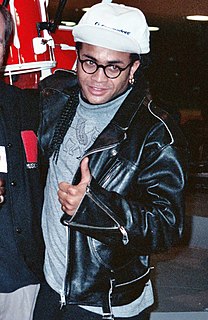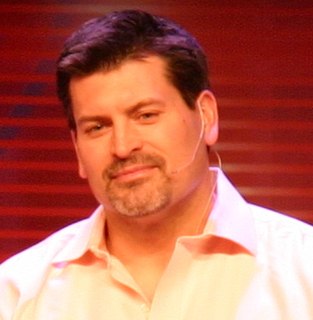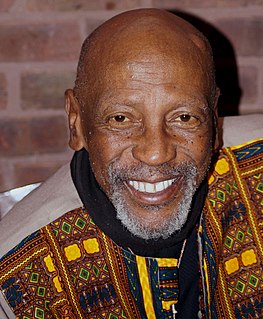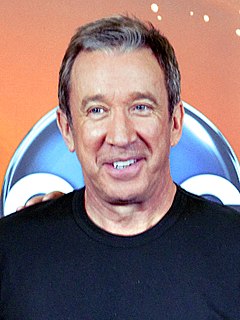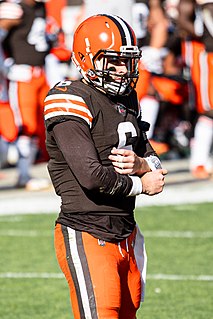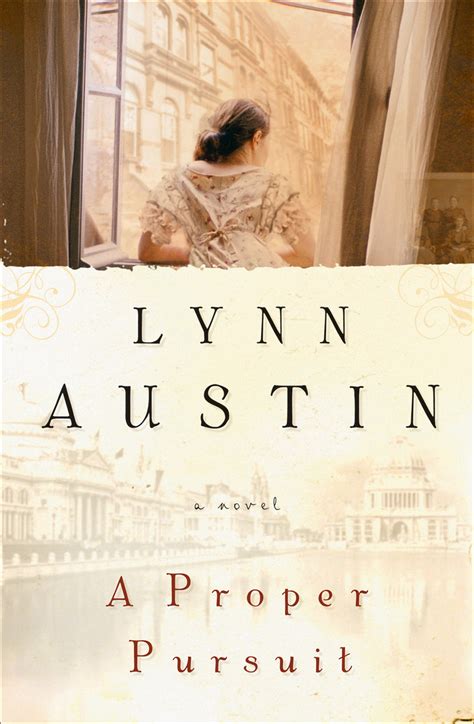A Quote by Malachi Kirby
One of the biggest things that I took from playing Kunta Kinte was where his strength came from in knowing where he was from.
Related Quotes
Kunta Kinte's strength derives from the knowledge of where he comes from, but it struck me that I don't know where I come from. I understand that my last name is Kirby, that I was born in London, third-generation Jamaican, and at some point along the line, that name was changed. I didn't know my history past my grandparents.
To be acceptable is for one to ignore his weakness while knowing his strength, to cover the scar even though it's always there, however, to be impossible is for one to see his weakness as, not an adversary, but the cherry on top of his strength, to rearrange the scar so that it compliments his features.

